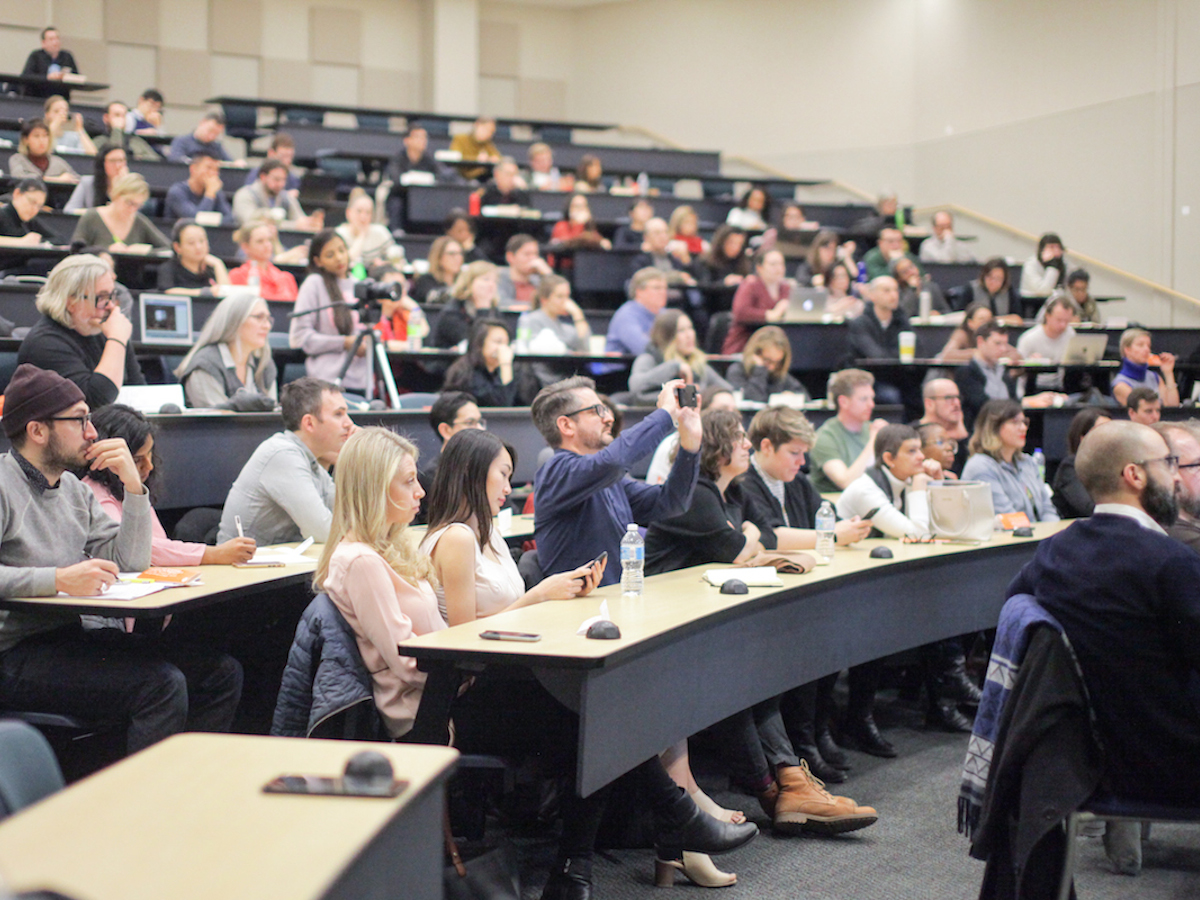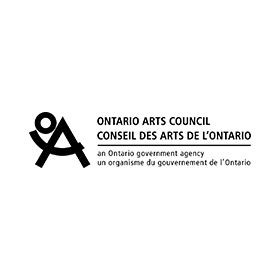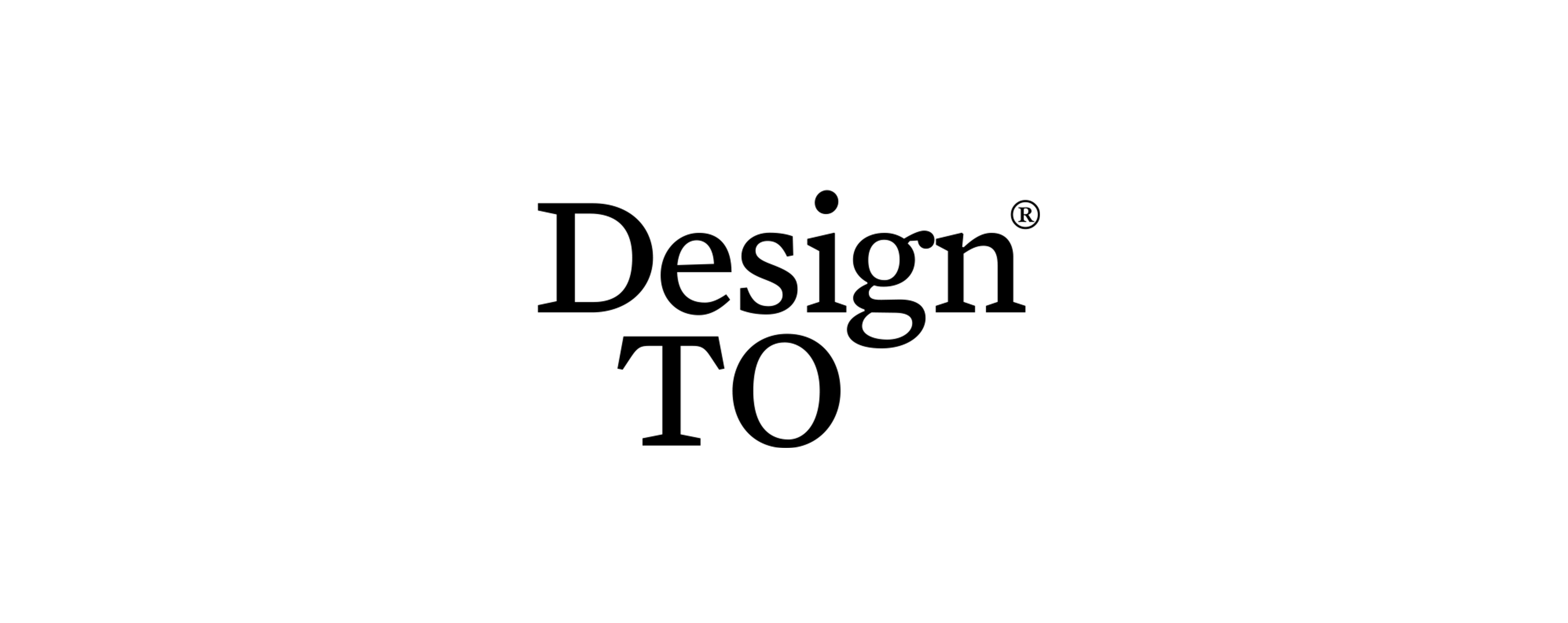

Work. It is so embedded into our culture it permeates everything, from our social interactions to our politics and our education. So, how can we begin to imagine a world without it? That’s the topic of this year’s DesignTO Symposium: A Future without Work. In a leadup to the event, we asked nine industry experts their thoughts on what a post-work world might be like.
Don’t miss DesignTO Symposium: A Future without Work on January 25.
One of the biggest concerns is how artificial intelligence will influence the future. Heather Russek and Jessica Thornton of the Brookfield Institute for Innovation and Entrepreneurship, speculate work will still exist even with AI, it will just be categorized in new ways. Understanding current trends will be crucial to figuring out how it might unfold. Symon Oliver, Design Director of Tennis, also believes we will still work, however the emphasis will shift to new workflows that create meaningful connections between disciplines, people and services. The social element within work will be crucial in this new era where work is being radically redefined. Antonio Iadorola, Co-founder of Studio Wé, sees a growing importance in relationship-based human activities, too – values that are already being played out in co-working spaces. In the future, “mutual support and shared co-production of goods and services will likely the contractual relationships we associate with work,” he says.
Komal Faiz, who is Lead UX Researcher of Zensurance suggests another idea: “Are we heading to a future without work, or are we anticipating one?” Inspired by the initiatives from the global design research project WEMOBILE, Faiz is focusing on another important realm: how restrictions to mobility for women, due to cultural, social and economic barriers, exclude them from the workforce. Faiz anticipates a future where women and other marginalized groups will join the workforce as freely as they wish, by implementing empathic design solutions that address such issues as harassment and safety concerns on public transportation.
For marginalized communities especially, a future without work sounds bleak. But Jonas Altman, founder of Social Fabric, believes in a redefined notion of work, where “we’ve stretched its meaning to include all those forms of work that go unseen and unpaid.” Its definition has become so broad, he says, that everyone, especially the marginalized, will have a decent standard of living. According to keynote speaker Carol Anne Hilton, CEO of the Indigenomics Institute, “First Nations people are the fastest growing population in this country, and they represent a significant workforce opportunity.” While they currently face high levels of unemployment, their presence in the workforce is fundamental to Indigenous survival.
As we redefine the meaning of work, we must also look at redefining the spaces where it happens. How will our work environments evolve? Lexi Tsien, Principal at Soft-Firm, sees work becoming far more intertwined with our leisure lives. As such, the workspaces must allow for “flexible, haptic, and humanistic formats of work and life.”
A future without work is a bold statement to make. For some, it might be a threat to familiar livelihoods; for others, it means changing perceptions. According to Keith Jones, Principal of Toronto design strategy consultancy & Good Company, it’s also a remarkable opportunity. “As we lean into a new creative renaissance, we have the opportunity to not only imagine, but begin to shape a world that’s guided by prosperity, morality and beauty.”
Hear more at the DesignTO Symposium: A Future without Work happening on Saturday, January 25, from 1pm to 5pm at George Brown College.





























